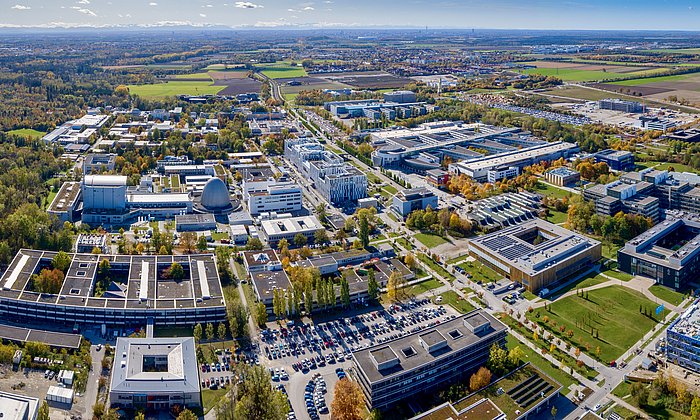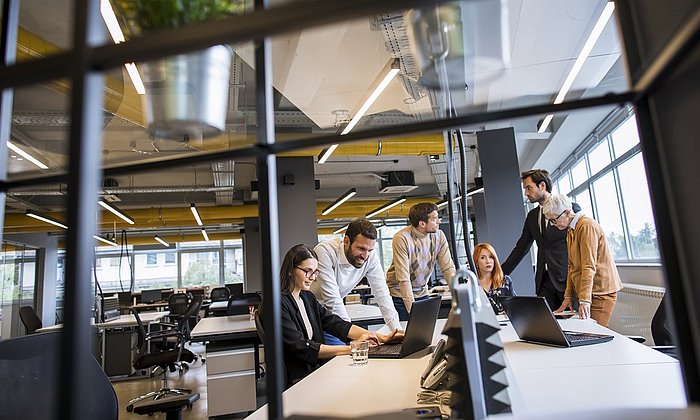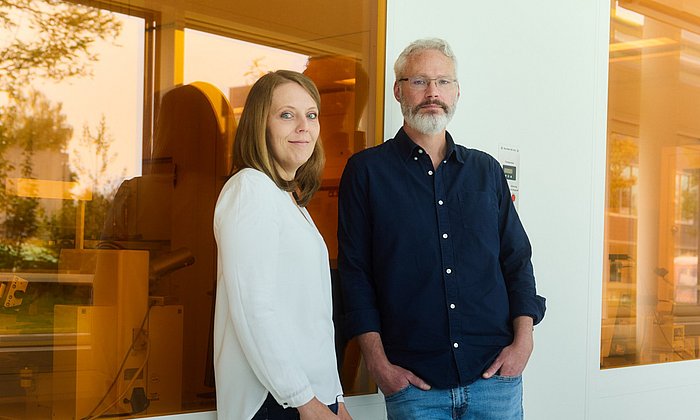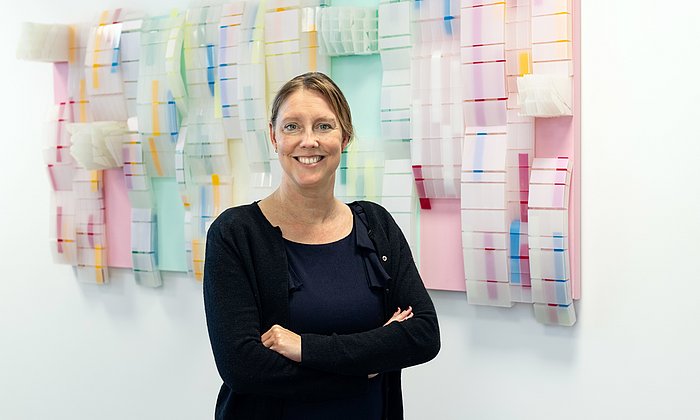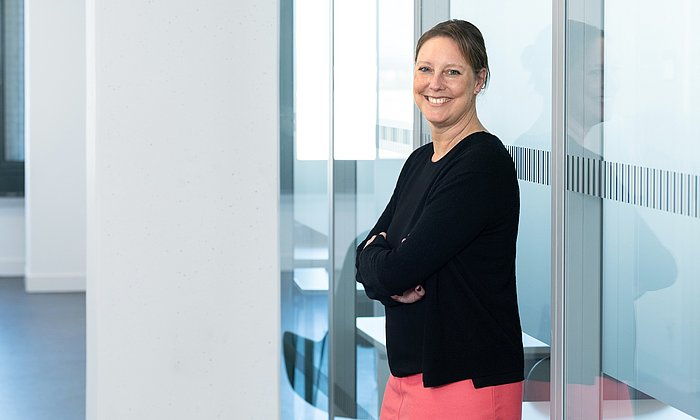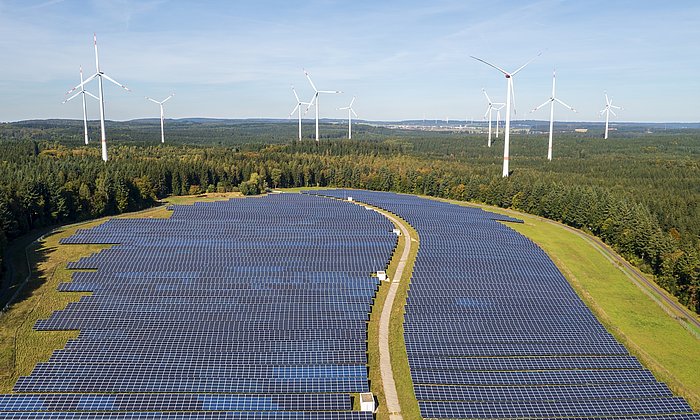EXplained: e-conversion with Jennifer Rupp and Ian Sharp
Research for a sustainable energy future
A thriving energy transition is crucial for tackling climate change and shape the future energy supply. While renewable sources such as solar and wind provide clean power, new methods of energy conversion and storage are necessary to ensure reliable and sustainable use. This is precisely where the e-conversion Cluster of Excellence comes in. It investigates the fundamentals of efficient energy conversion and develops approaches to make energy available long term with minimal loss.
The research focuses on controlling the fundamental mechanisms that drive energy conversion systems, reducing efficiency losses, and unlocking new functions. To achieve this, e-conversion combines new advances in nanotechnology, materials research, and data-driven approaches such as machine learning. By transforming fundamental discoveries into innovative device concepts, e-conversion strives to deliver more versatile, efficient, and robust energy solutions that contribute to a sustainable future.
We are developing new materials and tools to better understand energy processes, from rapid reactions at interfaces to long-term storage.
The cluster has been funded by the German Research Foundation (DFG) since 2019 and will enter its second funding phase in 2026 as "e-conversion 2.0." In addition to the joint applicants, the Technical University of Munich (TUM) and the Ludwig Maximilian University of Munich, Helmholtz Munich, the Max Planck Institutes for Chemical Energy Conversion and Solid State Research and other partners are involved in e-conversion.
Technical University of Munich
Corporate Communications Center
- Andreas Schmidt
- a.schmidt@tum.de
- 089/28922728
- presse@tum.de
- Teamwebsite
Contacts to this article:
Prof. Dr. Jennifer Rupp
Chair of Solid-State Electrolyte Chemistry
TUM School of Natural Sciences
Prof. Dr. Ian D. Sharp
Chair of Experimental Semiconductor Physics
TUM School of Natural Sciences

